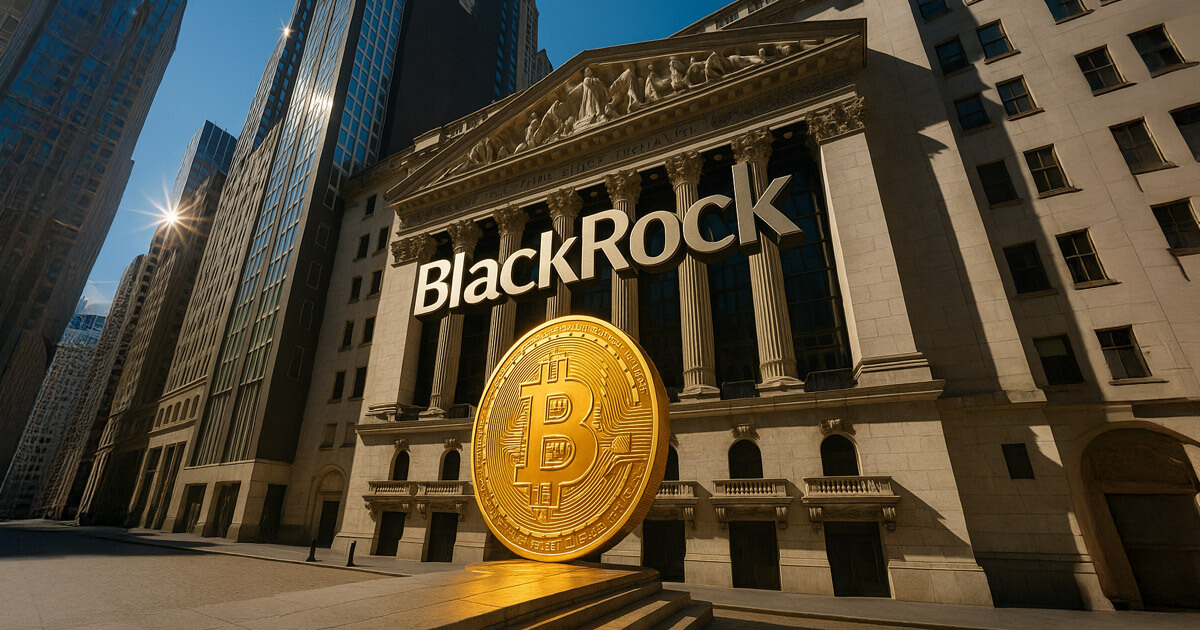
BlackRock’s Bitcoin Trust Outpaces Gold-Backed ETF Inflows Amid Historic Precious Metal Surge
BlackRock’s iShares Bitcoin Trust (IBIT) has seen more investment this year compared to the leading gold-backed ETF.
On May 6, a senior ETF analyst reported that IBIT was the sixth largest fund in the U.S. based on year-to-date inflows.
The data indicates that IBIT has attracted over $6.9 billion since the start of the year, surpassing the SPDR Gold Shares (GLD), which brought in about $6.5 billion during the same timeframe, even as gold experienced a 23% increase in returns.
During this period, gold prices saw a historic peak of $3,500 per ounce, leading to its share of global reserves climbing to 18%, the highest level in 26 years.
The analyst emphasized that this achievement boosts confidence in Bitcoin ETFs, noting that surpassing gold in inflows during such market conditions signals a promising outlook for IBIT.
He remarked:
“Receiving more investment in this environment is a very positive indicator for the long term, supporting our prediction that Bitcoin ETFs will eventually exceed gold’s assets under management in three to five years.”
Additionally, IBIT has experienced robust growth driven by consistent inflows for the last three weeks, outperforming other spot Bitcoin ETFs.
Data shows that it remains the only U.S.-listed Bitcoin ETF to achieve uninterrupted inflows for 15 consecutive trading sessions.
In the past week, the fund gained nearly $2.5 billion in net inflows, continuing with an additional $531 million on May 5, starting the week with strong momentum.
The president of an ETF store noted a change among market participants, stating:
“There was a time when it was primarily just retail investors.”
This shift indicates a more varied and institutional presence in the market.
The change likely arises from a rising need for regulated exposure to Bitcoin, especially amid uncertain macroeconomic conditions. ETFs like IBIT provide a way for traditional investors to engage with cryptocurrency markets without directly holding the assets, highlighting Bitcoin’s expanding influence in contemporary investment strategies.



















Post Comment